Filter by
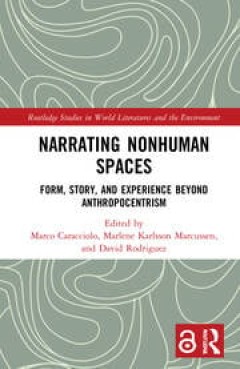
Narrating Nonhuman Spaces : Form, Story, and Experience Beyond Anthropocentrism
Recent debates about the Anthropocene have prompted a re-negotiation of the relationship between human subjectivity and nonhuman matter within a wide range of disciplines. This collection builds on the assumption that our understanding of the nonhuman world is bound up with the experience of space: thinking about and with nonhuman spaces destabilizes human-scale assumptions. Literary form affor…
- Edition
- -
- ISBN/ISSN
- 9781000441581
- Collation
- 250 halaman
- Series Title
- -
- Call Number
- 800 NAR
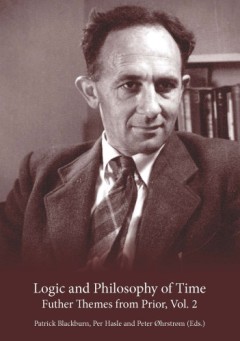
Logic and Philosophy of Time : Further Themes from Prior, Volume 2
This is a second volume of papers discussing the history of Arthur Prior’s life and work and the philosophical themes he introduced or elaborated. Many of them draw inspiration from his rich and varied contributions to logic. The second volume draws on material presented at two conferences: one held in Copenhagen from 22nd-24th November 2017, and a shorter event held at Roskilde University on…
- Edition
- -
- ISBN/ISSN
- 9788772102658
- Collation
- 230 halaman
- Series Title
- Logic and Philosophy of Time
- Call Number
- 100 LOG
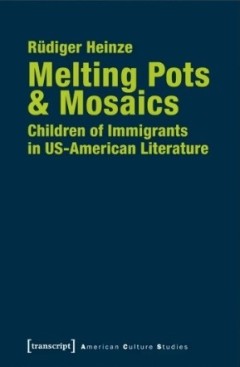
Melting Pots & Mosaics : Children of Immigrants in US-American Literature
In the past decades, children of immigrants have drawn increased attention not only in press and media, but also in a number of academic fields, among them sociology, history, or ethnology. Surprisingly, literary and cultural studies have been somewhat more reluctant to approach the topic. While there is work on individual authors or, at the very most, particular ethnic groups, comparative appr…
- Edition
- -
- ISBN/ISSN
- 9783839440452
- Collation
- -
- Series Title
- -
- Call Number
- 800 HEI m
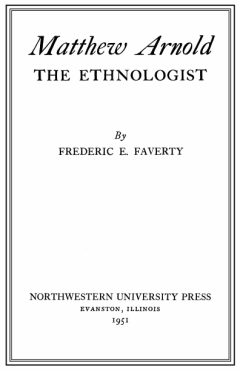
Matthew Arnold the Ethnologist
Matthew Arnold the Ethnologist, originally published in 1951, makes the original argument that the renowned English critic Matthew Arnold contributed to the climate of racialism current during his lifetime. Frederic E. Faverty shows that in his essays on national character, Arnold used anthropological concepts of race and language, albeit inconsistently. Faverty’s critique of Arnold draws par…
- Edition
- -
- ISBN/ISSN
- 9780810138391
- Collation
- 248 halaman
- Series Title
- -
- Call Number
- 800 FAV m
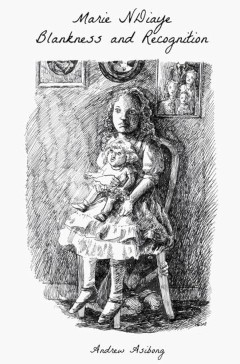
Marie NDiaye : Blankness and Recognition
This is the first critical study in English to focus exclusively on the work of Marie NDiaye, born in central France in 1967, winner of the Prix Femina (2001), the Prix Goncourt (2009), shortlisted for the Man Booker International Prize (2013), and widely considered to be one of the most important French authors of her generation. Andrew Asibong argues that at the heart of NDiaye's world lurks …
- Edition
- -
- ISBN/ISSN
- 9781846319464
- Collation
- -
- Series Title
- -
- Call Number
- 800 ASI m
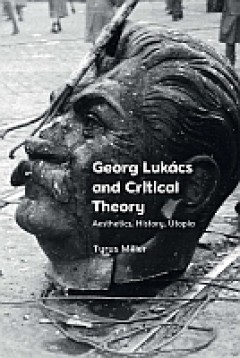
Georg Lukács and Critical Theory: Aesthetics, History, Utopia
This book examines the heritage of critical theory from the Hungarian Marxist philosopher Georg Lukács through the early Frankfurt School up to current issues of authoritarian politics and democratisation. Interweaving discussion of art and literature, utopian thought, and the dialectics of high art and mass culture, it offers unique perspectives on an interconnected group of left-wing intelle…
- Edition
- -
- ISBN/ISSN
- 9781399502443
- Collation
- -
- Series Title
- -
- Call Number
- -
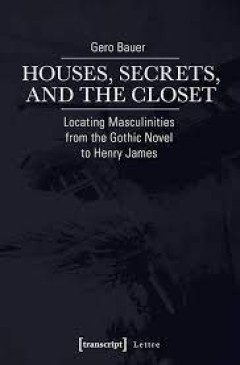
Houses, Secrets, and the Closet : Locating Masculinities from the Gothic Nove…
»Houses, Secrets, and the Closet« investigates the literary production of masculinities and their relation to secrets and sexualities in 18th and 19th century fiction. It focusses on close readings of Gothic fiction, Sensation Novels, and tales by Horace Walpole, Ann Radcliffe, William Godwin, Mary Elizabeth Braddon, Wilkie Collins, and Henry James. The study approaches these texts throug…
- Edition
- -
- ISBN/ISSN
- 9783837634686
- Collation
- 234 halaman
- Series Title
- Lettre
- Call Number
- 800 BAU h
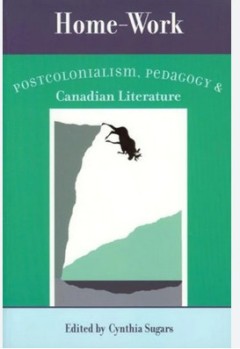
Home-Work : Postcolonialism, Pedagogy, and Canadian Literature
Canadian literature, and specifically the teaching of Canadian literature, has emerged from a colonial duty to a nationalist enterprise and into the current territory of postcolonialism. From practical discussions related to specific texts, to more theoretical discussions about pedagogical practice regarding issues of nationalism and identity, Home-Work constitutes a major investigation and rea…
- Edition
- -
- ISBN/ISSN
- 9780776605777
- Collation
- 545 halaman
- Series Title
- Reappraisals: Canadian Writers
- Call Number
- 800 HOM
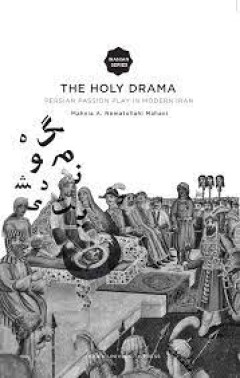
The holy drama : Persian passion play in modern Iran
Persian passion play or ta‘ziya depicts the role of the Prophet’s granddaughter Zeynab during the tragic death of the third Shiite Imam Hoseyn in Karbala in 680. This book describes how Zeynab has become a role model in modern Iranian society, especially during the Islamic Revolution and the Iran-Iraq War.
- Edition
- -
- ISBN/ISSN
- 9789087281151
- Collation
- -
- Series Title
- -
- Call Number
- 792 MAH h
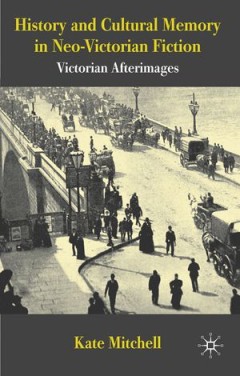
History and Cultural Memory in Neo-Victorian Fiction : Victorian Afterimages
History and Cultural Memory in Neo-Victorian Fiction combines innovative literary and historiographical analysis to investigate the way neo-Victorian novels conceptualise our relationship to the Victorian past, and to analyse their role in the production and communication of historical knowledge. Positioning neo-Victorian novels as dynamic participants in the contemporary historical imaginary, …
- Edition
- -
- ISBN/ISSN
- 9780230228580
- Collation
- IX, 222 halaman
- Series Title
- -
- Call Number
- 800 MIT h
 Computer Science, Information & General Works
Computer Science, Information & General Works  Philosophy & Psychology
Philosophy & Psychology  Religion
Religion  Social Sciences
Social Sciences  Language
Language  Pure Science
Pure Science  Applied Sciences
Applied Sciences  Art & Recreation
Art & Recreation  Literature
Literature  History & Geography
History & Geography